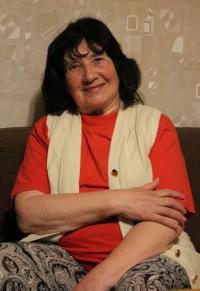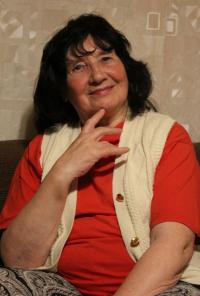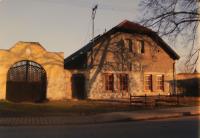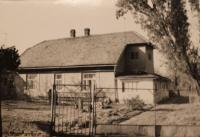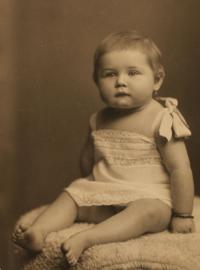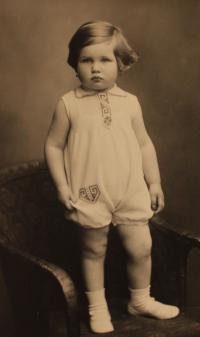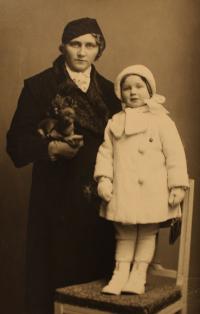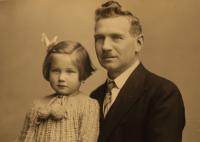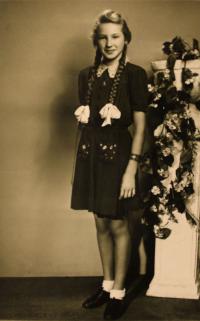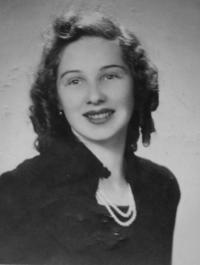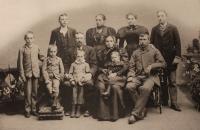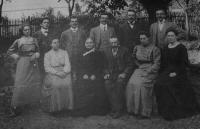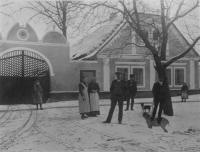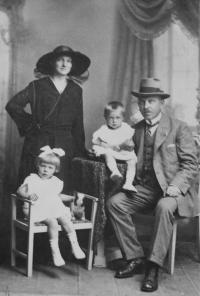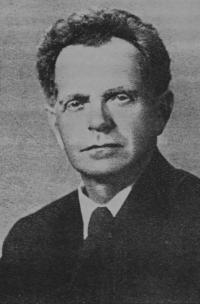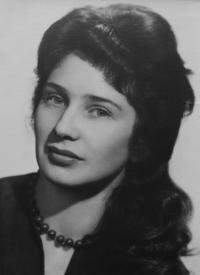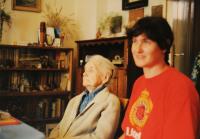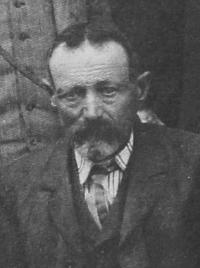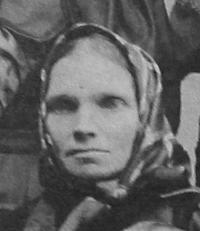The world moves where power pushes it
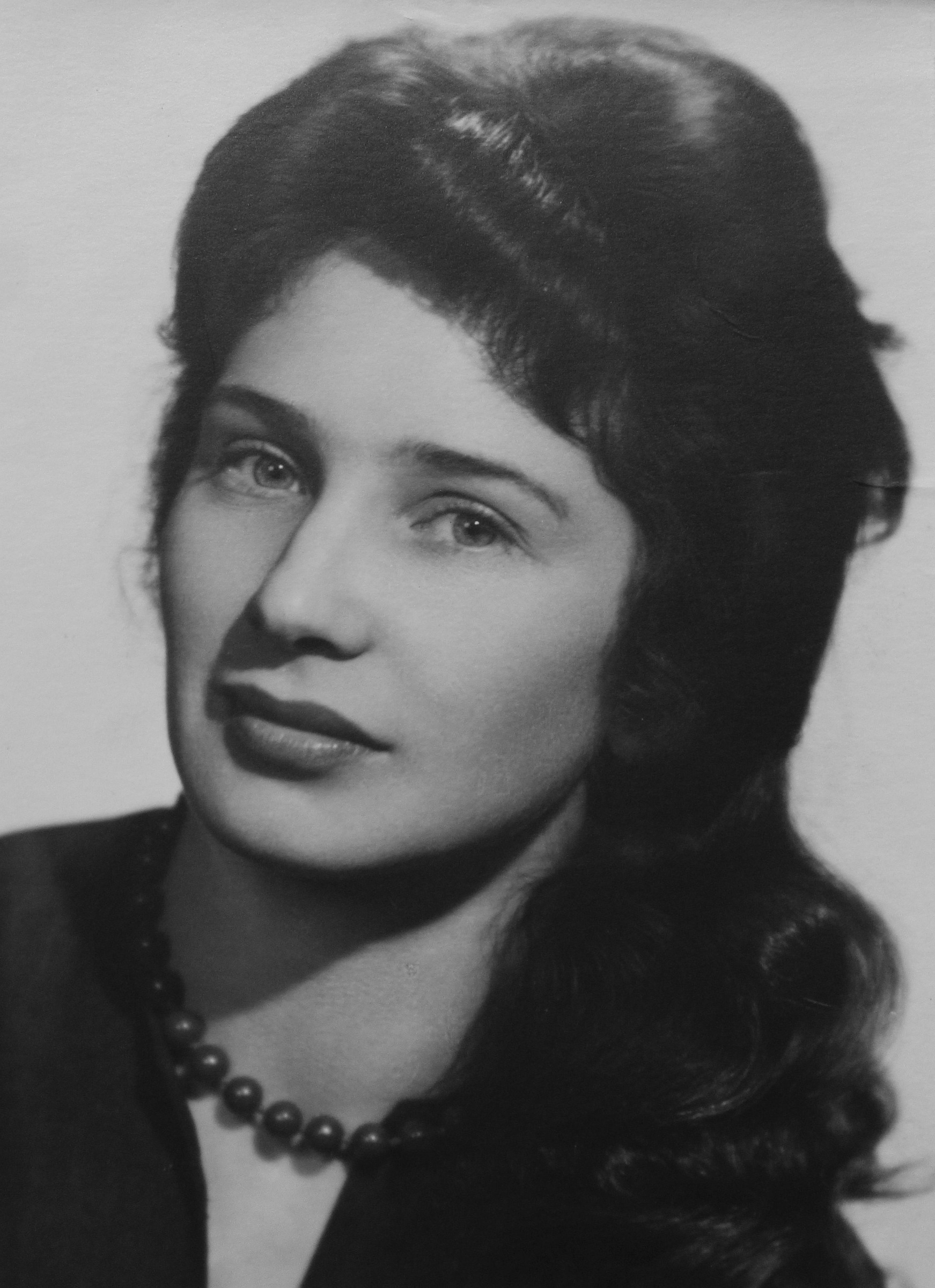
Download image
Libuše Janyšová, née Stehlíková, was born in Čáslav on 24 April 1932. She experienced the occupation of Czechoslovakia during her primary school years in Močovice. She witnessed the deportation of her Jewish classmates in the village to concentration camps. Her uncles Alois Stehlík and Josef Doskočil were both arrested by the Gestapo, condemned, and sent to death. Alois died in Terezín and Josef was executed after his trial in Munich. In 1945 she witnessed Allied bombing runs on the local railway and in May 1945 the Red Army’s arrival in Čáslav and Močovice. After 1948 her father was persecuted by the Communists and could not find employment. Unmanageable quotas were imposed on her uncle’s farm, thus securing his membership in the local agricultural cooperative. The witness attended grammar school but was not allowed to complete it. She graduated from a business and language school in Kolín and found a job at Průmstav. She was fired after getting into a conflict with the local functionaries; she then worked as a forester in Ronov nad Doubravou, Hraběšín Woods, where she planted new forest saplings. She was then employed at Grafotechna in Kolín and in Prague until her retirement in 1990. As of 2018, she lives in Prague-Krč.
